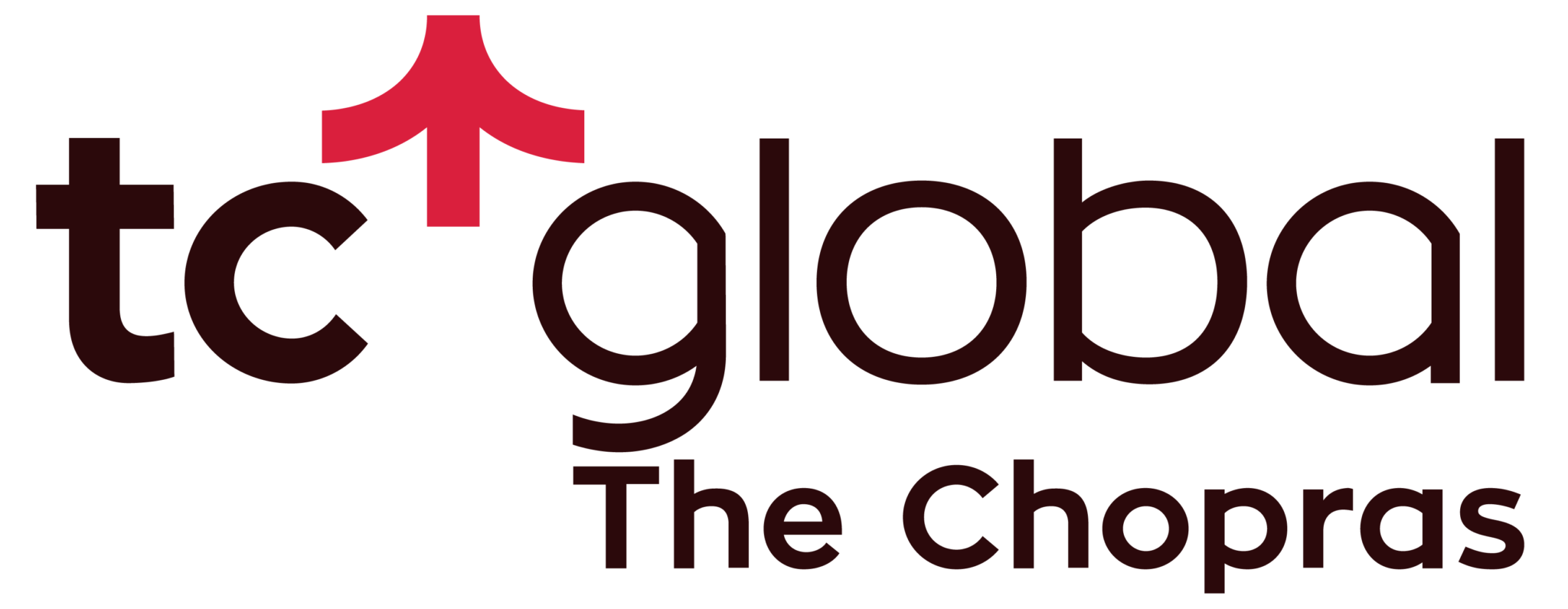Skill Shortages in Germany
The German labor market features high employment levels and subsequently a low unemployment rate. At present, the German economy encourages migration of skilled workers to Germany as the German economy lacks specialists, and demographic change will increase the shortage. Speaking in demographic terms, a large portion of its population is old and not able to work, and thereby Germany is experiencing an exponential gap in medical sectors and this trend is about to continue for many years.
On the other hand, this older population needs continual medical care which can only be given by qualified individuals. Thus, qualified medical professionals are much-needed in Germany and job opportunities for this category are comparatively high as compared to other sectors. Also, in Germany, there is a huge demand for Engineers as well as IT specialists. Apart from it, Mechanical, Electrical Engineers, physiotherapists, nurses and craftsmen in the construction industry, experts in the aerospace, mechatronics, electrical engineering, energy technology, and other STEM professions (mathematics, computer science, natural sciences, and technology) are also in high demand. There is also a substantial increase in demand for personnel working for shop floor work and logistics.
Vocational Training
Germany is also known globally for its education system and vocational schools. Since the economy is growing and companies need more qualified professionals, the chances of getting training in Germany are also increasing. In fact, thousands of intern vacancies remain unoccupied – 57,656 in 2018. Therefore, regardless of the country of origin, (vocational) training in Germany gives you a good chance of entering the German labor market.
Check out also, why study in Germany.






